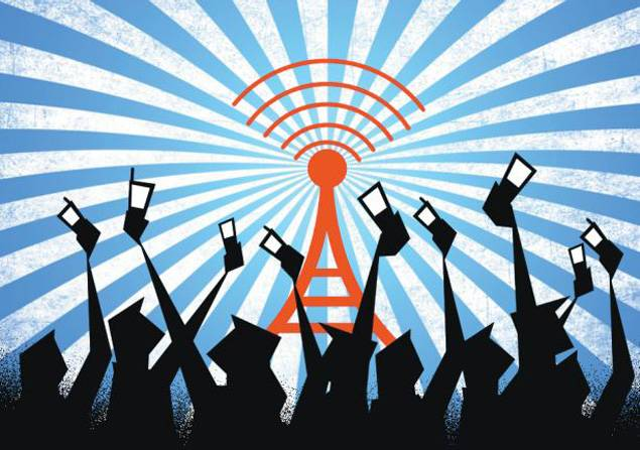How Internet Connectivity Improves People’s Lives in Developing Countries
Internet connectivity can help to improve access to information, opportunities, and services, and can contribute to the overall well-being and development of communities in developing countries, including:
- Education: Internet connectivity can provide access to a wealth of educational resources, including online courses, educational videos, and other materials. This can help to improve the quality of education and expand opportunities for learning, especially for people in remote or underserved areas.
- Employment: Internet connectivity can help people in developing countries to find and apply for jobs, as well as connect with potential employers and clients. It can also enable people to start and run their own businesses, providing a source of income and economic opportunities.
- Health: Internet connectivity can provide access to health information and resources, including telemedicine services, which can improve access to healthcare and lead to better health outcomes.
- Communication: Internet connectivity can help people to stay connected with friends and family, and to access news and information from around the world. It can also facilitate the exchange of ideas and facilitate collaboration with others.
- Political participation: Internet connectivity can provide a platform for people to engage in political discourse and participate in the democratic process, helping to promote transparency and accountability in governance.
Make Your Digital Service Work Offline, Online and Everywhere in Between
There used to be a clear divide between “online” and “offline”. Before the mobile Internet, when you were online you could download as much as you wanted....
Apply Now: $109,000 Seed Funding to Bridge the Digital Divide
There are 2.9 billion unconnected people across the globe, an issue that was significantly exacerbated by the COVID-19 pandemic. Now imagine yourself as one of...
Authoritarians Attack Human Rights Activist Satellite Technology
Access to space technologies during the Ukraine invasion has been a crucial aspect of the conflict, from providing communications which are resilient to attacks...
Apply Now: $2 Million for Internet Projects in Asia Pacific Countries
The challenges of improving Internet access are multi faceted and interrelated, particularly in developing countries. They include technical skills and knowledge,...
Comparing Direct-to-Handset Satellite Internet Service Providers
Different approaches are possible to enable Direct-to-Handset (DTH) satellite connectivity. For instance, there’s the approach by T-Mobile and SpaceX and by Apple...
8 Considerations for Low Earth Orbit Satellite Internet Access
There’s a space race happening right now to connect the world to the Internet. Companies such as SpaceX, OneWeb, Amazon, and Telesat, are racing to launch large...
Apply Now: $500,000 USAID Invests Grants in DFS & Connectivity
We should invest in Internet connectivity globally because it can help people access educational resources, find job opportunities, and connect with others. Increased...
10 Insights from the Mobile Internet Connectivity Report 2022
Over the past five years, nearly 1.4 billion people have gained access to the internet through a mobile phone and by the end of 2021, 55% of the world’s population...
How Mobile Phones are Catalyzing an African Revolution
The following is an excerpt from Russell Southwood’s new book, Africa 2.0 – Inside a Continent’s Communications Revolution, an ambitious 35-year history of...
Apply Now: $60,000 for Your Creative Ideas to Bridge the Digital Divide
There are 2.9 billion unconnected people across the globe, an issue that was significantly exacerbated by the COVID-19 pandemic. According to UNESCO, in 10 countries...










